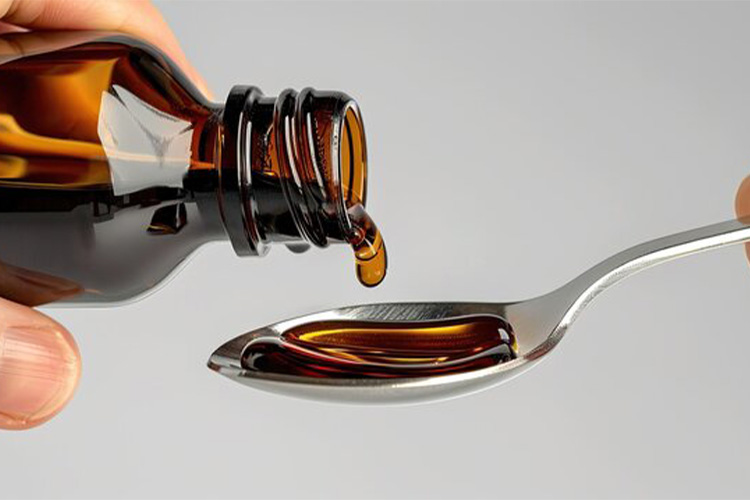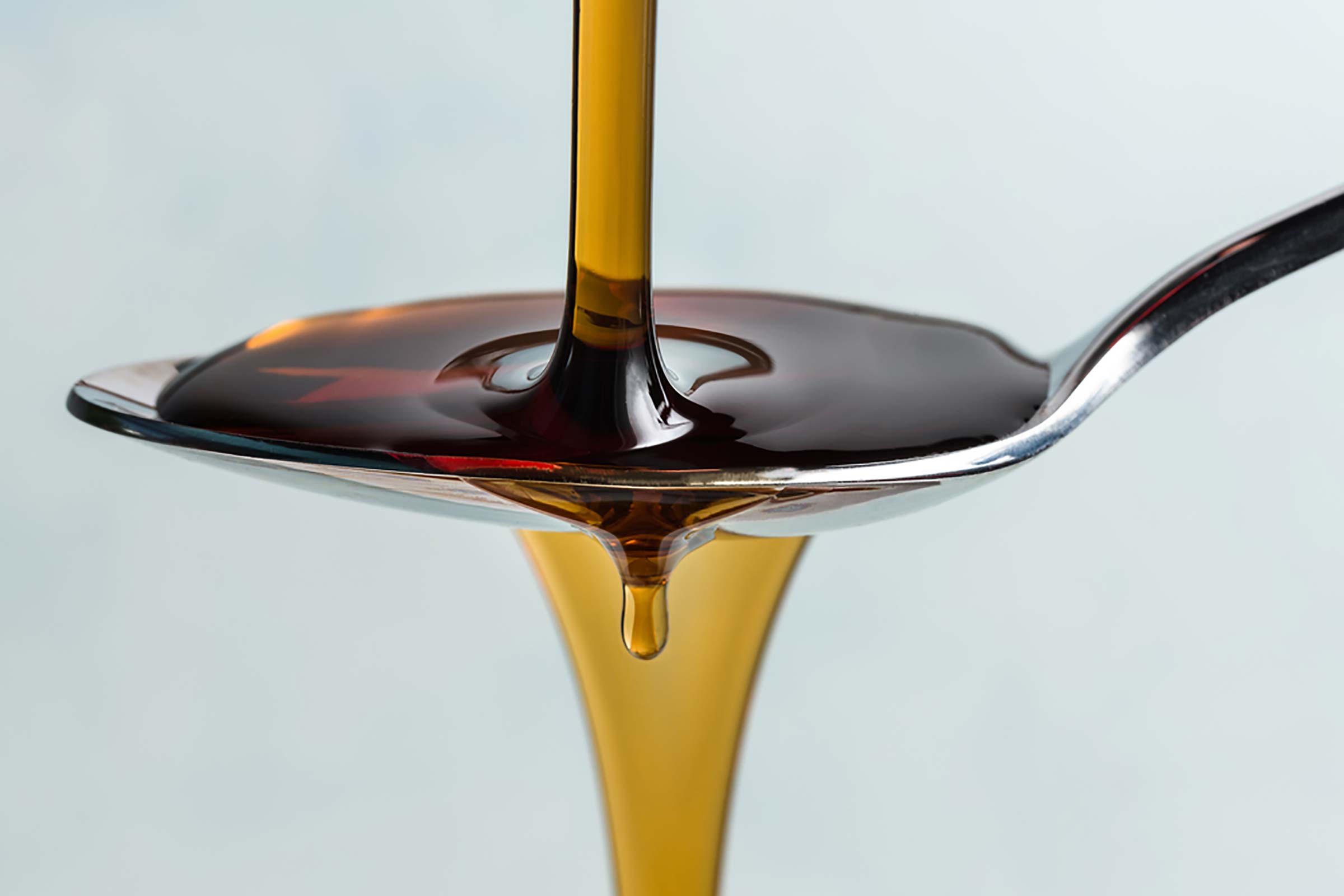
Pharmaceutical syrups are one of the most widely used dosage forms in the healthcare industry, preferred for their ease of administration, better taste, and suitability for children, elderly patients, and individuals who have difficulty swallowing tablets or capsules. As the global pharmaceutical market continues to expand rapidly, so does the demand for high-quality syrups—whether they are cough suppressants, multivitamin tonics, digestive syrups, antibiotic suspensions, or Ayurvedic/herbal formulations.
However, manufacturing pharmaceutical syrups is a complex, highly regulated, and capital-intensive process. It requires advanced equipment, specialized cleanrooms, precise formulation expertise, and rigorous quality assurance. Many pharmaceutical companies—especially small and mid-scale businesses—do not have access to these resources or may not want to invest heavily in full-scale production units. This is where pharmaceutical syrup contract manufacturers play a crucial role.
A pharmaceutical syrup contract manufacturer is a specialized third-party company that produces liquid formulations on behalf of pharma brands. These companies operate WHO-GMP certified facilities, use state-of-the-art machinery, follow pharmacopeial standards (IP, BP, USP), and ensure compliance with regulatory authorities such as CDSCO, State FDA, ISO, and in some cases, USFDA or EU-GMP. The brand owner provides the concept, product specifications, or formulation requirements, while the contract manufacturer handles everything from sourcing raw materials to final packaging.
This model allows pharmaceutical companies to expand their product portfolio without bearing the enormous cost of infrastructure, regulatory approvals, and labor management. It also supports faster scalability, enables companies to respond quickly to changing market demands, and ensures consistent product quality governed by strict QA and QC systems.
The pharmaceutical syrup contract manufacturing sector is growing rapidly in India due to the country's cost-efficient production ecosystem, skilled workforce, and advanced industrial capabilities. Many global and domestic brands rely entirely on contract manufacturers to meet seasonal demands (like cough syrups during winter), launch new products faster, or maintain uninterrupted supply in multiple regions.
Whether you are a new entrant in the pharma space or an established company looking to expand operations, understanding the role, benefits, and selection criteria of a contract manufacturer is essential. This knowledge helps you make strategic decisions, minimize risks, and build long-term partnerships that support high-quality, compliant, and consistent product output. In the following sections, we explore what pharmaceutical syrup contract manufacturers do, the key advantages of partnering with them, and how your company can benefit from this production model.

Understanding Pharmaceutical Syrup Contract Manufacturing
Pharmaceutical syrup contract manufacturing refers to outsourcing your liquid formulation production to a certified, fully equipped third-party manufacturing company. This approach helps businesses meet demand without investing in production infrastructure.
What a Syrup Contract Manufacturer Does
A syrup contract manufacturer handles the complete production process on behalf of the pharma brand. They source raw materials, create formulations, conduct batch testing, maintain documentation, follow quality standards, and complete primary and secondary packaging. Many also provide R&D support, flavor optimization, label design, logistics management, and regulatory guidance for approvals.
Key Functions of a Syrup Contract Manufacturer
- Formulation Development
Manufacturers help create or refine syrup formulations to ensure stability, taste, therapeutic effectiveness, and regulatory compliance.
- Raw Material Procurement
They procure APIs, excipients, sweeteners, stabilizers, preservatives, and flavors from approved vendors with COAs (Certificates of Analysis).
- Production & Mixing
Syrups require accurate heating, filtration, mixing, homogenization, and viscosity control—handled through advanced machinery.
- Quality Testing
Each batch undergoes physical, chemical, and microbiological testing to ensure safety and potency.
- Packaging & Labeling
Manufacturers offer various packaging options such as PET bottles, amber glass bottles, measuring caps, and shrink sleeves.
Additional Important Points to Consider
- Regulatory Compliance
Before partnering, pharma companies should check certifications like WHO-GMP, ISO 9001, ISO 22000, and state FDA licenses.
- Production Capacity
Ensure the manufacturer can handle your monthly or seasonal demand without delays.
- Quality Documentation
Ask for COAs, batch records, stability reports, and testing data for transparency.
- Confidentiality and IP Protection
Use NDAs to protect your formulation details, pricing structure, and brand identity.
- Transparent Pricing
Check whether the manufacturer provides clear costing for raw materials, packaging, labor, and transportation.
Advantages of Partnering with a Syrup Contract Manufacturer
Why Partnering with a Pharmaceutical Syrup Contract Manufacturer Is a Smart Business Decision
Contract manufacturing offers immense value to both new and established companies. It helps reduce costs, improve efficiency, and accelerate growth. Below are the major advantages—each explained in short 2–3 line paragraphs as required.
- Cost Efficiency and Capital Savings
Setting up a syrup production facility requires heavy investment in land, machinery, trained staff, cleanrooms, HVAC systems, and regulatory approvals. Contract manufacturers eliminate this burden, allowing you to operate with minimal capital while maintaining high product quality.
- Faster Time-to-Market
Contract manufacturers already have validated production lines, licensed facilities, and sourcing networks. This allows companies to produce syrups quickly and launch them faster, especially useful for seasonal demands like cough syrups.
- Access to Advanced Technology
From automated filling lines to controlled mixing systems, manufacturers use modern technology that would be costly for individual companies to purchase. You benefit from better consistency, hygienic processing, and contamination-free packaging.
- Reduced Operational Burden
Outsourcing helps companies avoid labor management, quality audits, maintenance, and compliance responsibilities. You can focus on sales, marketing, and expansion while the manufacturing partner handles production complexities.
- Improved Product Quality
Syrup contract manufacturers follow strict QA and QC systems. Every batch passes through chemical analysis, microbial testing, and stability checks, ensuring your product meets international standards.
- Flexibility & Scalability
Whether you need 500 bottles or 50,000 bottles, manufacturers can adjust production volume. This flexibility helps you test new products with small batches and scale up instantly when demand increases.
- Strong Supply Chain Support
Many contract manufacturers help with logistics, inventory management, and transportation, ensuring timely delivery and reduced stock-out risks.